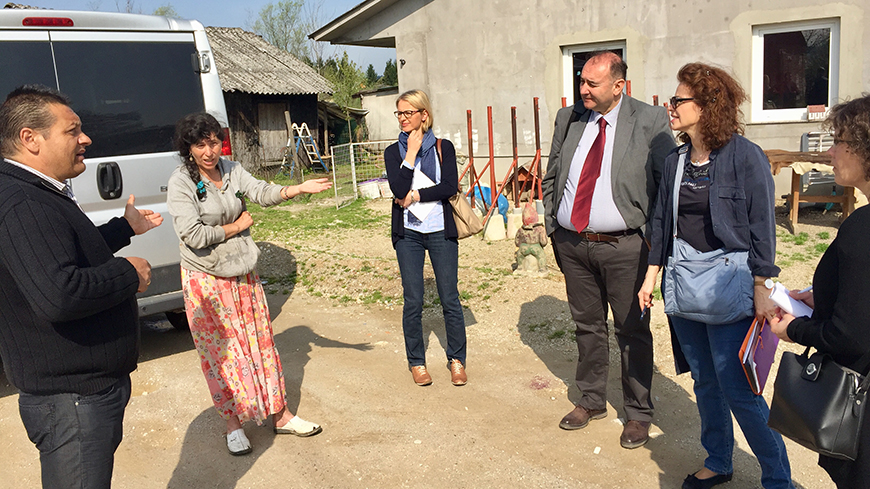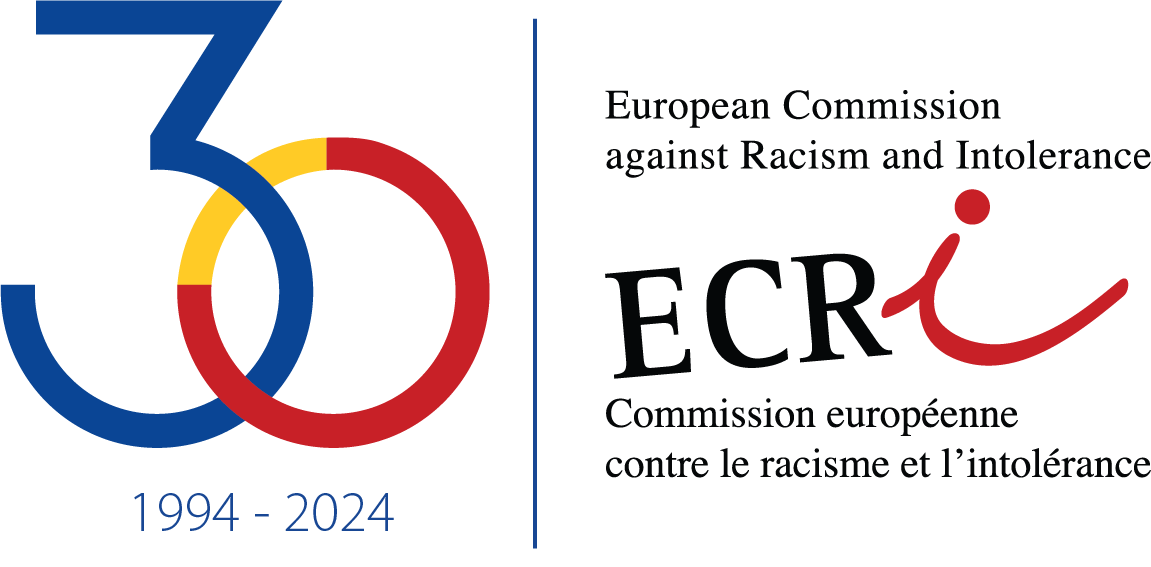In the new report on Slovenia published today, the Council of Europe’s anti-racism commission welcomes the new anti-discrimination legislation, and new initiatives to promote LGBT rights. However, hate speech is almost never criminally prosecuted in Slovenia, necessary data to combat racial discrimination is lacking and access by Roma to housing and safe water supply remains a problem.
The report by the European Commission against Racism and Intolerance (ECRI) covers the period from start 2014 to end 2018.
The new Protection against Discrimination Act (PDA) of 2016 ensures an adequate protection against racism and racial discrimination in all fields of everyday life, which is a positive development, ECRI says. However, the excessively strict interpretation by the prosecution authorities of the law on incitement to hatred has caused a “significant impunity gap”, with hate speech almost never prosecuted as a crime in Slovenia, apart from few blatant cases, and great frustration among victims.
ECRI recommends, as a matter of priority, that the prosecution authorities should refrain from applying conditions which are not provided by law, for the imposition of criminal responsibility of conducts inciting to hatred/violence.
The second priority recommendation to be followed up in two years relates to the lack of reliable and updated data gathered for combating racial discrimination. ECRI notes “strong hesitation by the authorities to collect such disaggregated data due to the law protecting personal data”, reiterates its recommendation that such data should be gathered, and suggests introducing a legislative clarification ensuring the due respect for data protection standards.
Half a million irregular migrants crossed the country between September 2015 and March 2016, but only a very small number of them requested international protection in Slovenia, the report says. Despite the integration programmes run by the Slovenian government and the recent improvement of public opinion of immigrants, they still face discrimination entering the job market, experience financial problems, and find it difficult to find private accommodation. The Council of Europe body recommends strengthening co-operation between authorities and the employers to increase employment opportunities, and to work more with the local authorities on integration measures.
The political goodwill and co-operation of local authorities are also crucial for the situation of Roma, who are beneficiaries of numerous integration policies in Slovenia. The number of Roma in the country is estimated between 7,000 and 12,000. While commending such recent initiatives such as the widespread use of Roma teaching assistants, ECRI notes persistently high drop-out rate of Roma pupils from schools, as well as deplorable housing conditions and frictions between Roma families and other local residents in irregular, but “tolerated” Roma settlements which are widespread in the country.
The impact of central authorities’ initiatives to improve the integration of the Roma population heavily relies on the political will of the local authorities, which often show lack of co-operation. Laws should be adopted clearly providing for the power of the central authorities to take substitute measures if and when local authorities fail to act in the implementation of human rights legislation, the Council of Europe’s body suggests. ECRI also calls on the Slovenian authorities to take immediate action to ensure that all Roma have practical access to a safe water supply.
As for the rights of LGBT persons, the new Civil Unions Act makes registered partnership for same-sex couples comparable to marriage in almost all aspects. Specific legislation should also be introduced as soon as possible to explicitly regulate the change of name and gender for transgender persons in Slovenia, ECRI recommends.




